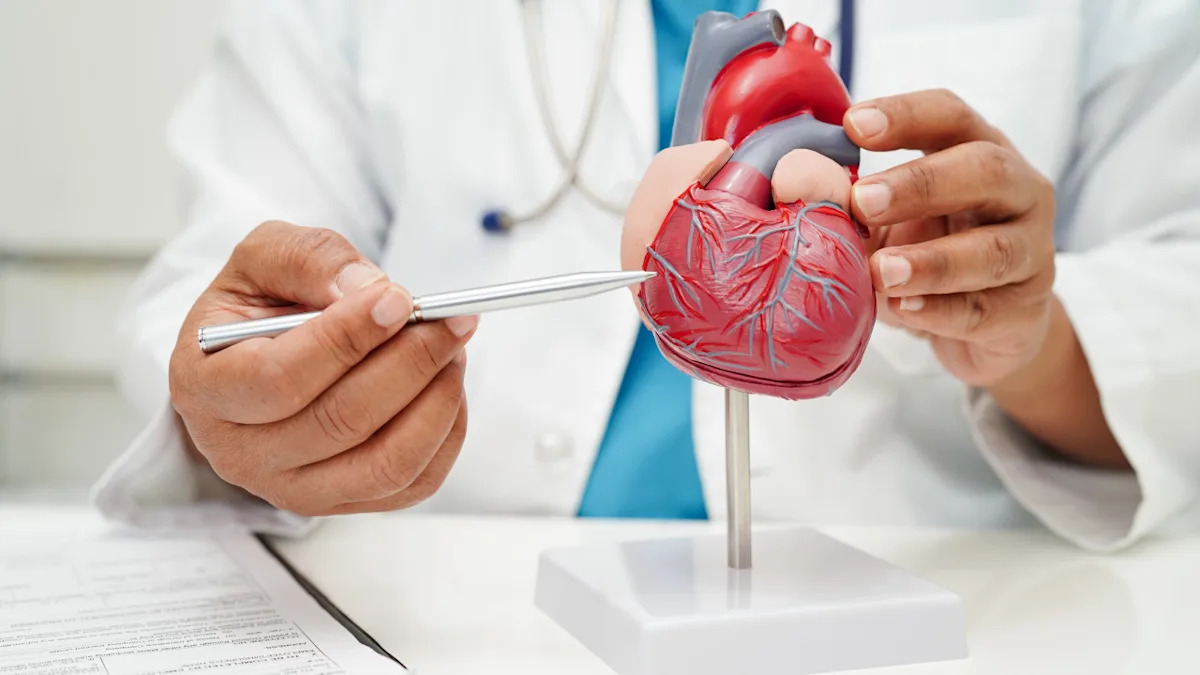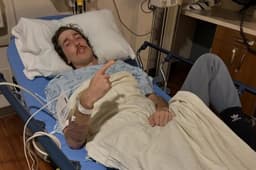Home / Health / Sisters' Deadly Heart Condition Diagnosis
Sisters' Deadly Heart Condition Diagnosis
25 Nov
Summary
- Two sisters diagnosed with hypertrophic cardiomyopathy (HCM), a serious heart condition.
- HCM can lead to sudden death, often with no prior warning signs.
- Early detection and treatment are vital for managing HCM and preventing complications.

Two sisters, Bethany and Hannah Keime, discovered they had hypertrophic cardiomyopathy (HCM), a serious inherited heart condition, despite leading active lives. HCM causes the heart muscle to thicken, potentially leading to severe complications like sudden cardiac death, which can occur without warning. This underdiagnosed condition affects approximately 1 in 500 individuals and is a leading cause of cardiac death in young people, often striking those unaware of their genetic risk.
Symptoms of HCM can include chest pain, shortness of breath, palpitations, fainting, and exercise intolerance, though some individuals remain asymptomatic until a critical event. Cardiologists emphasize the importance of seeking medical evaluation for any cardiac symptoms or if there is a family history of HCM, noting a 50% genetic risk. Diagnostic processes involve ECGs, echocardiograms, and other cardiac tests to assess the condition's severity and develop a tailored care plan.
While HCM presents significant risks, effective treatments and lifestyle adjustments can help manage the condition. Options include medications, lifestyle changes like a heart-healthy diet and avoiding alcohol, and in some cases, implantable defibrillators. With diligent monitoring and treatment, individuals diagnosed with HCM can achieve a normal life expectancy and maintain a good quality of life, offering hope to those affected by this potentially deadly disease.




